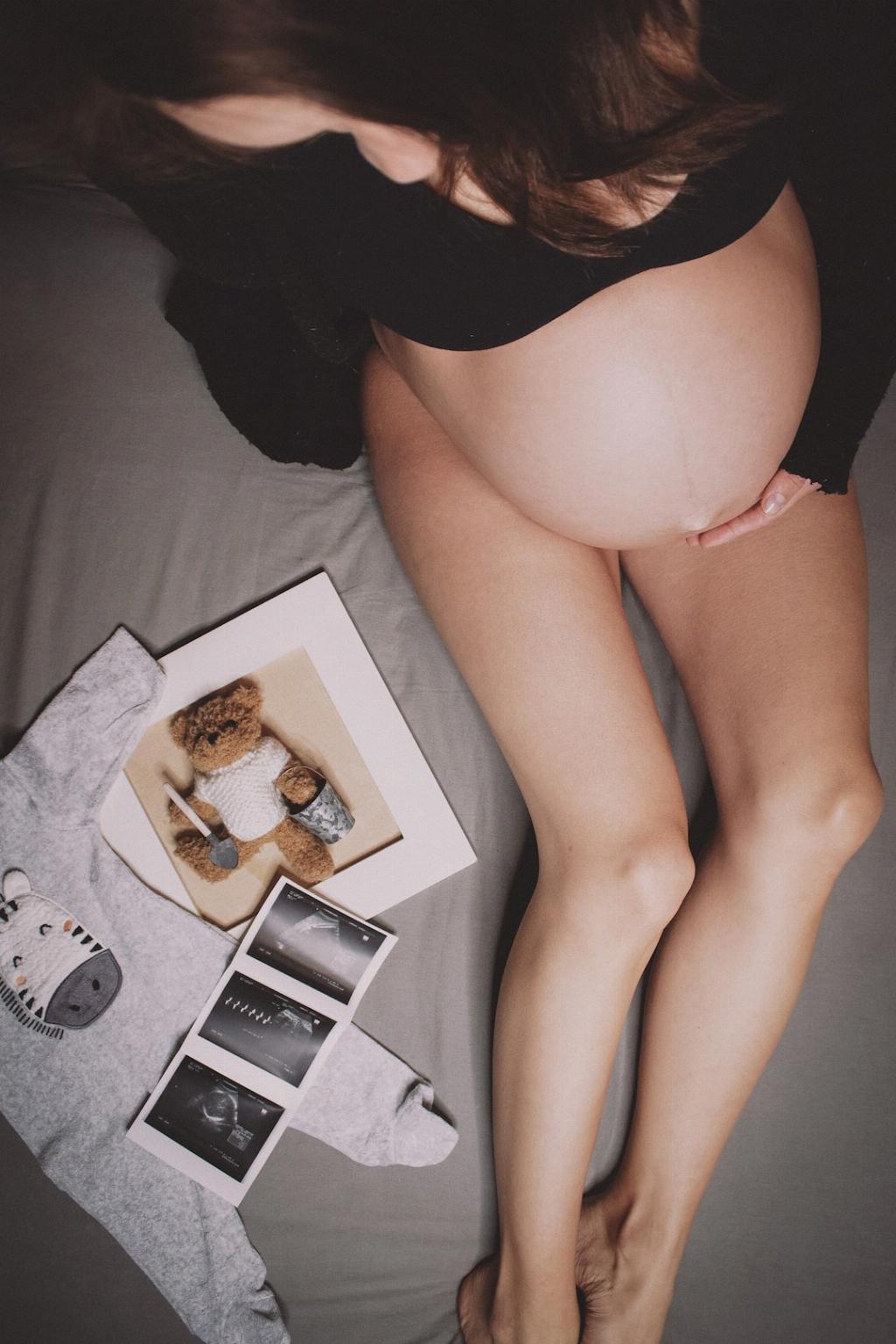When it comes to pregnancy, it’s only natural to be cautious about everything you consume, including herbal teas. One such tea that often comes up in discussions about pregnancy is Raspberry Leaf Tea. This tea is known for its traditional use in toning the uterus and preparing it for childbirth. However, the big question remains – is Traditional Medicinals Raspberry Leaf Tea safe to drink during pregnancy?
Before delving into whether it’s safe to sip on a cup of Raspberry Leaf Tea during pregnancy, it’s crucial to understand the potential benefits and risks associated with this herbal remedy. Raspberry leaf is believed to help strengthen the uterus, potentially leading to shorter labor durations and reduced complications during childbirth. On the flip side, some health experts caution that Raspberry Leaf Tea might trigger contractions and potentially lead to miscarriage in the early stages of pregnancy.
It’s always important to consult with your healthcare provider before introducing any new herbal teas or supplements into your routine, especially during pregnancy. This rings particularly true for Raspberry Leaf Tea, given its potential impact on uterine health. Your healthcare provider will be able to offer personalized advice based on your individual health history and pregnancy journey.
While Raspberry Leaf Tea is generally considered safe for consumption during the second and third trimesters of pregnancy, some healthcare providers recommend avoiding it in the first trimester due to its potential to stimulate uterine contractions. As with any herbal remedy, moderation is key. It’s best to consume Raspberry Leaf Tea in recommended amounts and to monitor your body’s response to ensure there are no adverse effects.
When choosing a Raspberry Leaf Tea product, opt for trusted brands like Traditional Medicinals that source organic ingredients and adhere to stringent quality standards. Organic Raspberry Leaf Tea from reputable brands is less likely to contain harmful additives or pesticides, making it a safer option for pregnant individuals looking to incorporate this herbal remedy into their wellness routine.
If you’re considering adding Raspberry Leaf Tea to your pregnancy regimen, start by speaking with your healthcare provider. They can provide guidance on whether it’s suitable for your specific situation and offer recommendations on the timing and dosage that align with your needs. Remember, every pregnancy is unique, and what works for one person may not necessarily be the best choice for another.
While Raspberry Leaf Tea has been used for generations as a natural way to support uterine health during pregnancy, it’s essential to approach its consumption with caution and awareness. Pregnant individuals should always prioritize their well-being and consult with healthcare professionals to make informed decisions about their dietary and lifestyle choices.
In conclusion, the safety of Traditional Medicinals Raspberry Leaf Tea during pregnancy ultimately depends on individual circumstances and medical advice. While this herbal remedy may offer benefits in promoting uterine tone and potentially easing labor, it’s crucial to follow healthcare provider recommendations and proceed with caution, especially in the first trimester. Remember, the health and well-being of you and your baby are top priorities, so always prioritize consultation with healthcare experts when incorporating new supplements or herbal teas into your pregnancy routine.

